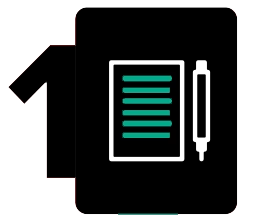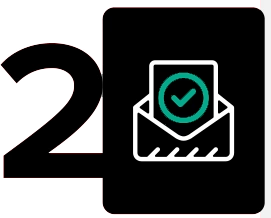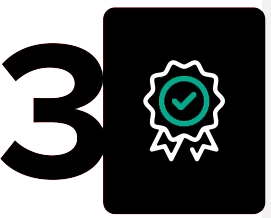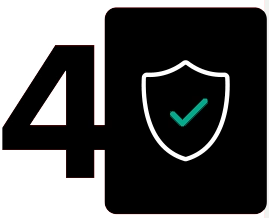Debt recovery is the process of taking assertive action against a person or business who owes money. It is a wide-ranging phrase and includes telephone calls, emails and letters, site visits and court proceedings.
The Money Claim Process
When collecting debts, it is paramount to have quick, effective and quality communications. These key elements will trump quantitative and repetitive efforts that only infuriate debtors and discourage them from engaging. With our instant turnaround on instructions, our process is direct, effective, and it gets results.
The debt recovery process itself is straightforward and it can be broken down into the below steps, with each one offering further information.



